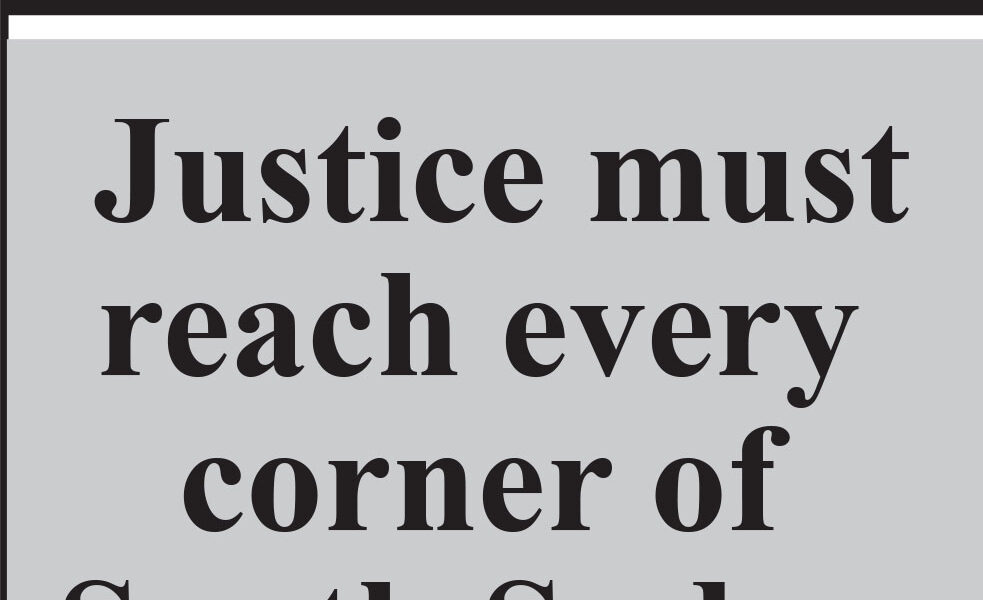South Sudan’s justice system is buckling under the weight of delays, backlogs, and uneven deployment of judges.
Disturbingly, survivors of gender-based violence and other crimes wait years for their cases to be heard while perpetrators walk free.
Often emboldened by a system too slow to act. This crisis cannot continue. The recent training on gender-based violence (GBV) and transitional justice should be a vital step toward strengthening South Sudan’s judiciary.
However, without urgent and equitable deployment of judges across all States and Administrative Areas, the impact of this training will remain limited.
Delays in judicial deployment not only deny survivors timely redress but also undermine the credibility of transitional justice mechanisms.
A survivor-centered approach cannot thrive in a system where courts are concentrated in urban centers and inaccessible to most communities.
Every day of delay is another day of trauma and another signal to offenders that the law is toothless.
The solution is clear. The government must invest in training and empowering more judges, then deploy them fairly and without bias. Justice cannot be selective, nor can deployment be dictated by politics. Only a neutral and balanced presence of judicial officers across the country will restore public confidence.
But training and deployment alone are not enough. Courts need proper funding, resources, and logistical support.
To address the backlog and restore dignity to survivors, South Sudan must prioritize the decentralization of GBV courts, and deploy mobile courts to reach underserved areas.
These mobile units can offer immediate relief while permanent deployments are underway. Only through inclusive, well-resourced, and survivor-focused reforms can South Sudan build a judiciary that truly serves its people and upholds the rule of law.
What is needed now is commitment, funding, and action to deliver justice where it has long been absent.




